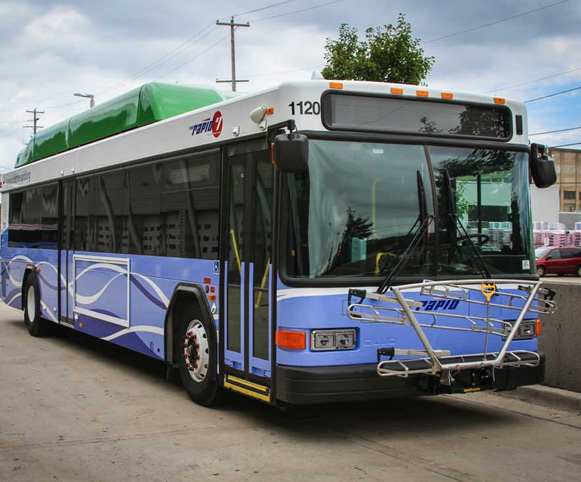Municipal transit systems are upgrading their fleet vehicles to operate on clean-energy compressed natural gas (CNG) and Propane fuels. Ino-Tek is working with Architects, Engineering firms and directly with municipalities in the design and installation of upgraded Gas Detection systems to protect people and property as the transportation industry incorporates clean energy technology.
As transit systems upgrade to propane and CNG fleet vehicles to use clean-energy, Gas Detection and Vapor Detection systems designed for diesel are no longer sufficient.
Unlike diesel fuel, with its high flash point and liquid composition, a CNG or Propane fleet vehicle stores dangerous quantities of flammable compressed natural gas (CNG) or Propane under high pressure. In the event of a tank puncture – or, even a defective connection in the fuel system – the highly combustible fuels stored in the vehicle are subject to rapid release. If such a release occurs in the open, it’s possible for the vehicle to be completely destroyed.

Whether you are building a new facility or have an existing one, talk to one of our Field Service Engineers to make sure it meets all compliance requirements.
